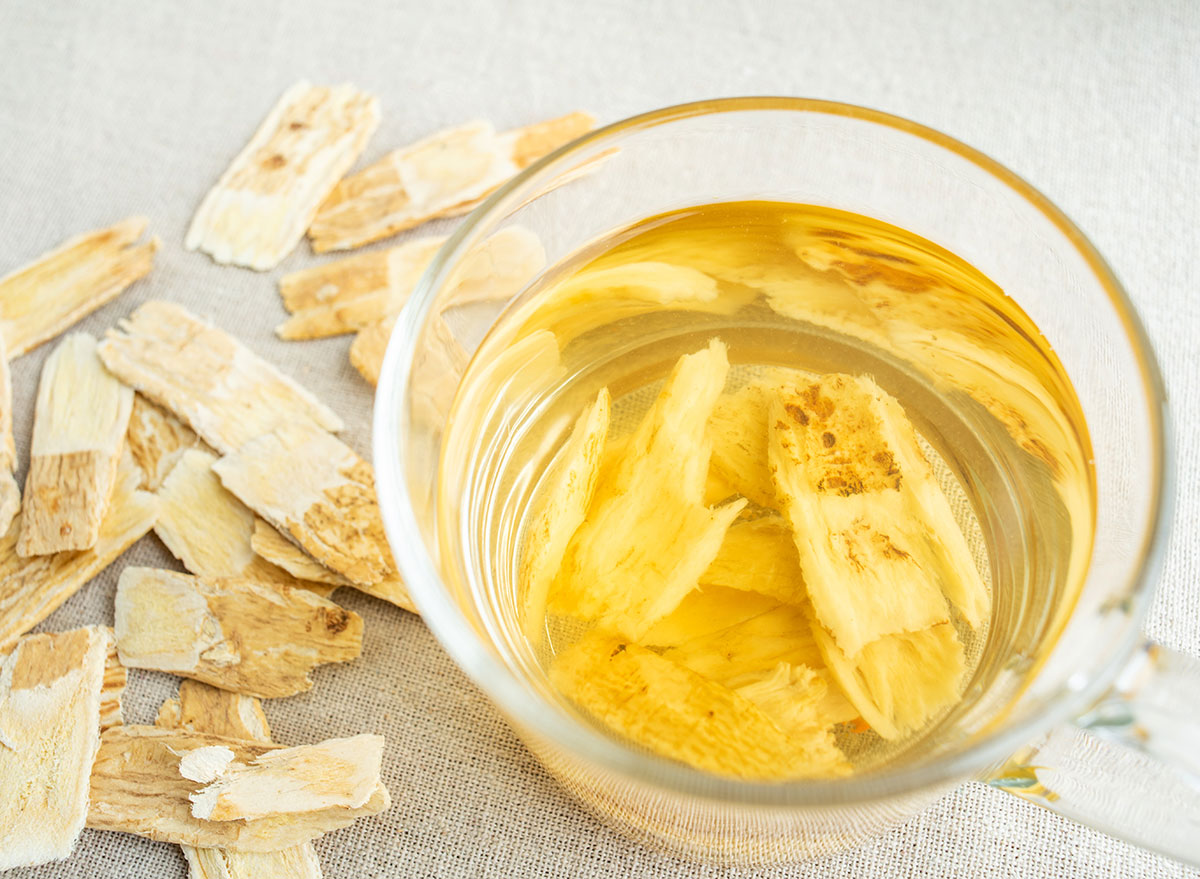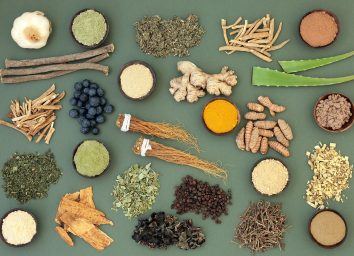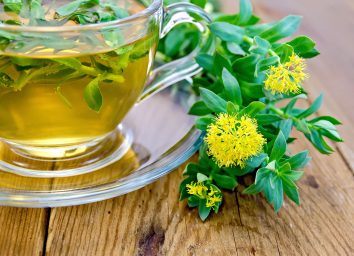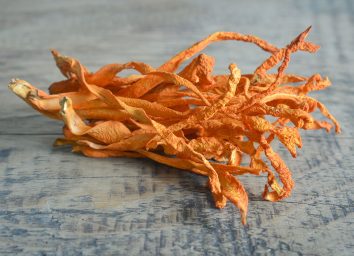Astragalus: The Adaptogenic Root That Can Boost Your Immune System

Wandering into the supplement aisle can be overwhelming, especially when you’re not even sure what adaptogens are and whether or not they’ll actually help you. First a quick breakdown: adaptogens are edible, nontoxic herbs that help the body adapt to a variety of stressors. What then is astragalus? While it’s fun to imagine it as the astral cousin to asparagus, it isn’t make-believe. Astragalus root is a very real and powerful immune booster worth learning about and incorporating into a healthy lifestyle.
What is astragalus?
A perennial flowering plant, astragalus has its roots in traditional Chinese medicine (TCM) dating back 2,000 years. This adaptogen herb is a member of the Fabaceae or Leguminosae (pea or legume) family, the third largest plant family in the world.
Most widely known as astragalus (aka. huáng qí or ‘yellow leader,’ perhaps noted for its rich yellow color) or milkvetch, it’s celebrated for the fibrous roots that can grow up to three feet tall. It’s native to northern and eastern China and was introduced to North America in 1925 through the USDA when the seed pods became available to many curious herb gardeners.
It remains a favorite in TCM today and is considered one of the best tonic herbs available. Whether for energizing the body, strengthening immunity, or nourishing and satiating appetite, it can ward off both physical and mental stress and help to combat various illnesses.
Astragalus health benefits
While there are over 2,000 species of astragalus, only two are primarily used in medicinal and nutritional supplements, Astragalus membranaceus and Astragalus mongholicu. Containing three active plant compounds—saponins, flavonoids, and polysaccharides—astragalus can provide a number of immune and antioxidant benefits, especially when taken daily.
First, saponins have been noted to lower cholesterol, boost the immune system, and potentially prevent cancer. Flavonoids possess antioxidative qualities that can lessen free radical damage (read: anti-aging qualities) and can help prevent immunodeficiencies, heart disease, and cancer. Polysaccharides (polymeric carbohydrates) are bioactive compounds that have antitumor, anti-inflammatory, antimicrobial, antioxidant, and antiviral benefits as well.
It can protect you from seasonal colds, flu, and allergies
For starters, astragalus is widely used to assist in the treatment of the cold and flu, as well as seasonal allergies. Herbalist and founder of Urban Moonshine, Jovial King, and clinical nutritionist, Dr. Josh Axe, both recommend using the adaptogen regularly in your routine, especially before the cold months of winter arrive because astragalus can help prevent colds and upper respiratory illnesses.
Additionally, studies show that astragalus may increase white blood cell count, which aids the immune system in preventing illnesses.
It supports heart health
In addition to its protective and antiviral capabilities, astragalus has been studied for its heart-health benefits. It has been shown to strengthen blood vessels and increase blood flow from the heart. For example, a clinical study focusing on patients with chronic heart failure revealed that those taking astragalus experienced more improvement in heart function compared to the group not taking it.
It may help with the side effects of chemotherapy
In patients experiencing the negative side effects of chemotherapy, astragalus may be helpful. According to a clinical study, patients undergoing chemotherapy while taking intravenous astragalus had symptoms of nausea reduced by 36 percent, vomiting reduced by 50 percent, and diarrhea reduced by 59 percent.
Furthermore, using astragalus may decrease and slow tumor growth while building cancer fighting cells in patients undergoing chemotherapy for hepatic cancer.
It can help manage diabetes
The active compounds in astragalus also may help lower blood sugar levels in people with type 2 diabetes by increasing insulin levels and curbing inflammation. In China, it is the most frequently prescribed herb in diabetes management. A 2016 study has shown that taking the herb every day improved blood sugar levels after fasting and after meals for those with type 2 diabetes.
It supports kidney function
Lastly, it may also support healthy kidney functioning and has often been used to treat kidney disease in China. But more research is needed for conclusive observations.
Potential side effects of astragalus
Astragalus is safe to use with no known serious side effects, although it may have some side effects when mixed with other herbs or supplements. Our suggestion: start with small doses.
Some animal studies have revealed it may not be safe for pregnant and breastfeeding mothers. “People with autoimmune diseases should speak with their doctors before starting astragalus because of its ability to stimulate the immune system. Individuals with diseases like multiple sclerosis, rheumatoid arthritis, and other immune system conditions could be especially sensitive to astragalus,” warns Dr. Josh Axe.
How to use astragalus
Astragalus supplements come as capsules, powders, tinctures, and teas. Beyond its medicinal benefits, its nuanced flavor profile makes it an exciting addition to food and drinks: it is earthy, a touch bitter, and yet slightly sweet.
According to herbalists and medical studies, it combines well with other supplements like echinacea, ginseng, licorice, dan shen (salvia, or red sage), and dang gui (angelica sinensis root).
Its antimicrobial abilities make it useful for skin irritations and atopic dermatitis. Because of its antioxidant components, it can help fight free radical damage and reduce fine lines and sunspots.
Los Angeles-based clinical herbalist and founder of Zizia Botanicals, Abbe Findley, uses astragalus frequently with clients, stating, “it works well in a variety of herbal preparations. My favorites include tincture, tea, powder, and cooking with it. I use astragalus in my herbal practice to build immunity, improve energy levels, and recommend it as a tonic herb for those with chronic health issues.” Findley recommends adding 1 to 2 teaspoons to soup, broth, or rice during the cooking process, or making it into a hot tea by adding a teaspoon to hot water.








